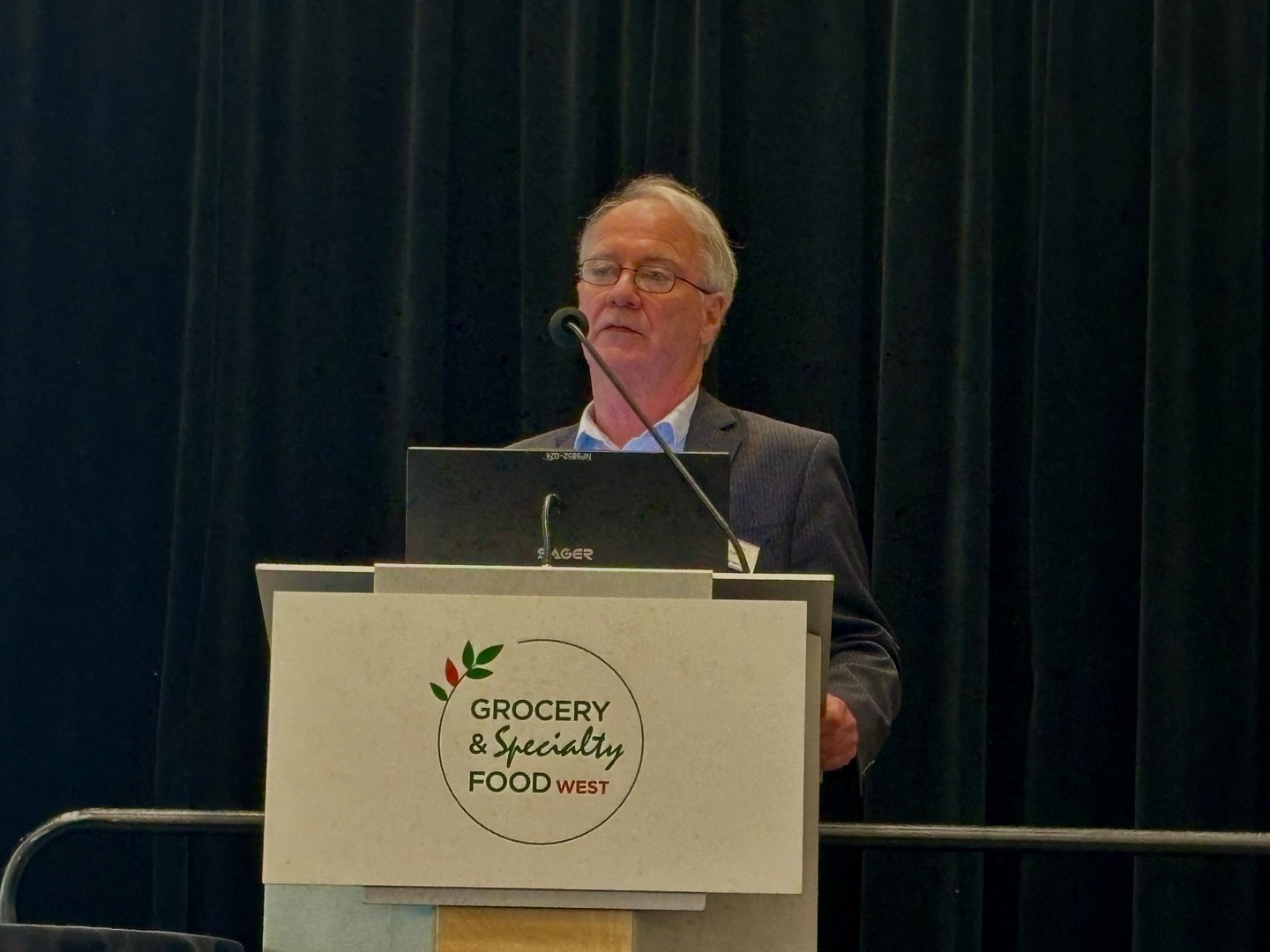Grocery code 'is not about food prices,' says CFIG exec
As work continues to get a code of conduct for the grocery industry over the finish line, Gary Sands, senior vice-president of public policy and advocacy at the Canadian Federation of Independent Grocers (CFIG) spoke this week about what the code is and isn’t.
“The code is not about food prices,” stressed Sands, during a policy update at Grocery & Specialty Food West in Vancouver, quashing claims to the contrary. “It is absolutely not going to raise prices, anything but.”
The industry-led grocery code is also not about levelling the playing field. “Much as I would love that to be the case, the playing field will never be level; with consolidation you know the horse is out of the barn on that one,” said Sands. But with features like an adjudication process and reciprocity built in, what the code will do is put independent grocers in a better position to resolve issues with suppliers, he said. It’s also important to remember that with this uniquely made-in-Canada code, unlike in other areas of the world, the same rules apply to everyone. “This isn’t a retailer code of conduct, it’s a grocery code of conduct.”
READ: House committee tells Loblaw and Walmart to sign grocery code or risk legislation
Sands added that the code, which has been years in the making, will bring much-needed stability to the grocery industry and clean up some distorted market practices. “Right now, the food industry is like a highway with no signage,” he said. “This going to provide signage on the road so we set speed limits.”
But major retailers like Loblaw and Walmart are not on board with the current draft of the code. And without the participation of the two giants, the industry-led voluntary code is all but doomed. “It will collapse, in my opinion, because there will be others [retailers] other chains who will say, ‘Well, if they're not signing on to the code, I'm not signing on to be bound by those principles if they're not,’” Sands said. And a regulated code of conduct for the industry is not something advocates of the code want to entertain. To get all provinces to align on a regulated code would be extremely difficult, he warned.
There’s still hope, however, that the current code can be salvaged. Sands said “very constructive” meetings are continuing to take place with Loblaw. “The fact that these meetings are still taking place and that both sides want to continue the dialogue … I think that’s a very positive sign.”




